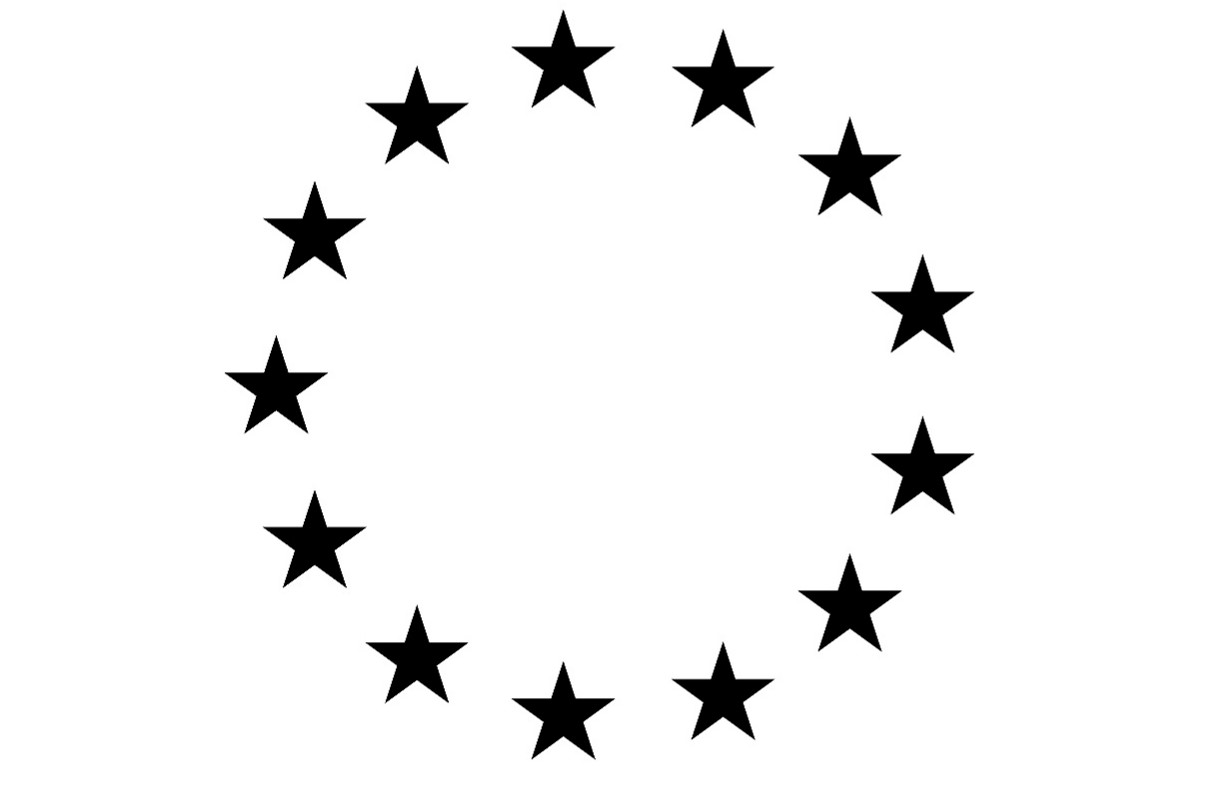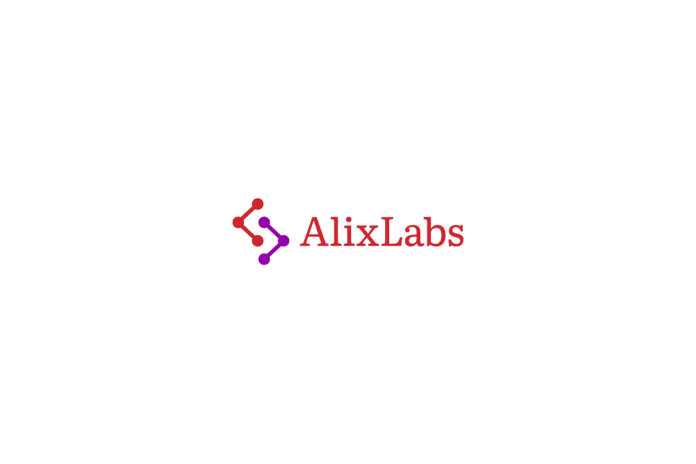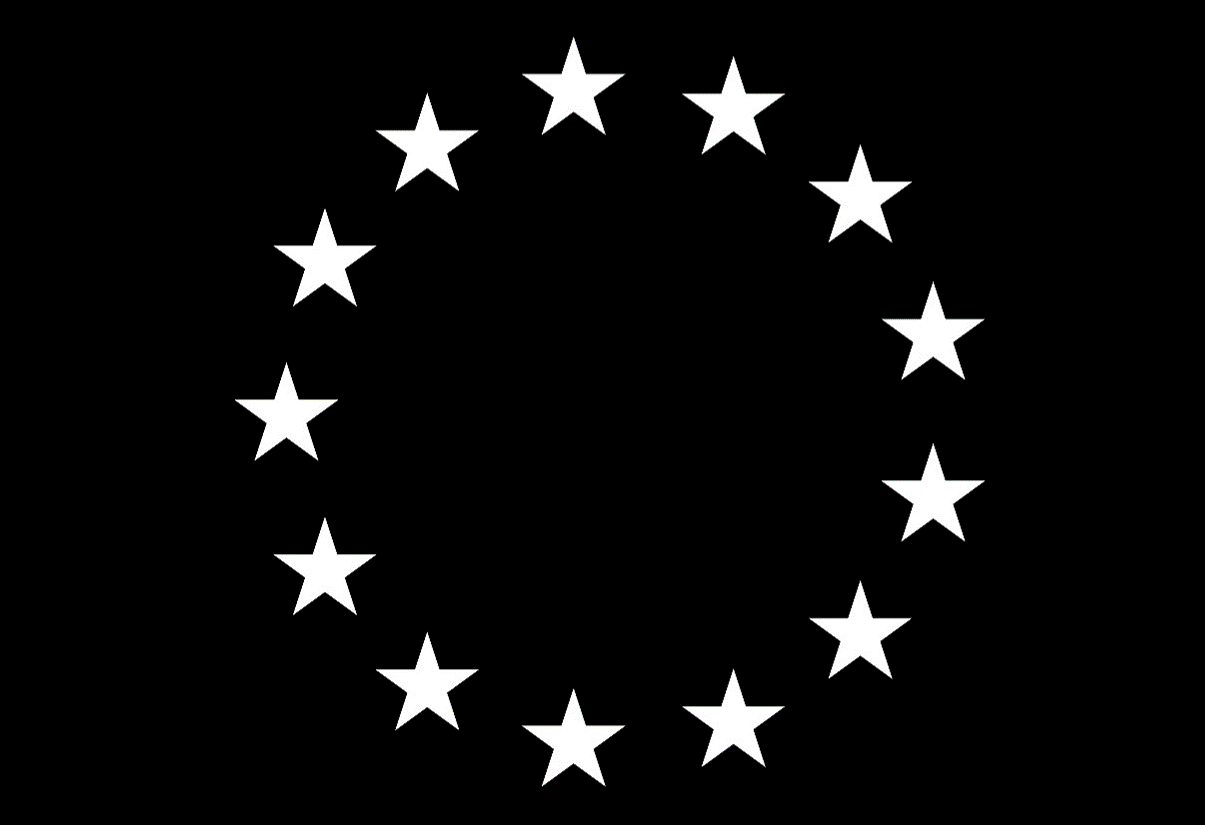Sweden-based, AlixLabs has developed a new method for manufacturing semiconductor components. Its “Atomic Layer Etch Pitch Splitting” (APS) tech (patent granted in the US, Taiwan & Europe) eliminates several steps in the process & makes it possible to manufacture the tiny(est) semiconductor components accurately, with manageable wafer fab equipment investments. Specifically, the method allows to split nanostructures (e.g. a 40 nm-wide feature into two features of 10 nm at half the pitch) with a single-step process using Atomic Layer Etching (ALE). The method is said to be “complementary for single exposure immersion & extreme UV lithography (EUV), and related thereto, multiple patterning tech like self-aligned double & quadruple patterning (SADP resp. SAQP), as well as multiple exposure lithography-etch & directed self-assembly (DSA)”. Importantly, AlixLabs’ method should make it possible to produce components with (or without) EUV systems (for which, Netherlands-based ASML holds a quasi monopoly). Last year, the startup (through a €100k project funded by Vinnova) demonstrated its APS tech in bulk silicon (as well as gallium phosphide, tantalum nitride & silicon) by creating sub-10nm structures (with no damage to the single crystalline silicon & lower surface roughness post-APS). The new funding will be used to successfully transfer the APS tech to 300mm wafer processing & make it available for process demonstration for leading integrated device manufacturers (IDM) & foundries (with the plan to integrate it into large foundries by 2027). (Fun fact #1: as there’s no 300mm clean rooms in Sweden, the firm will go Fraunhofer Dresden to do so, collaborating with the Fraunhofer Nanoelectronics Center & the new Center for Advanced CMOS & Heterointegration Saxony) (Fun fact #2: the EU doesn’t have a single chip factory able to mass-produce the latest generation of sub-10nm microelectronics, until the two Intel fabs in Germany will be ready in 2027…perhaps AlixLabs first customer? In the meantime, this is currently only possible in Taiwan e.g. TSMC, South Korea e.g. Samsung & the USA e.g. Intel). Now then, during Sweden’s presidency in 2023, the EU Chips Act is expected to become a reality, which will deploy €43bn for semiconductor companies in the EU over the next 5 years. The goal is for 20% of the world’s semiconductors to be manufactured in the EU by 2030. By then, the global market is expected to be worth $1tr & AlixLabs predicts that almost half of those sales will come from advanced segments that could use its APS technology to simplify manufacturing. AlixLabs was spun out of Lund University in 2019 by Jonas Sundqvist (CEO), Dmitry Suyatin (CTO) & Stefan Svedberg (CoB) (prev. CEO). <Source: news.cision.com, prnewswire.com, oiger.de, articstartup.com, semiengineering.com>


